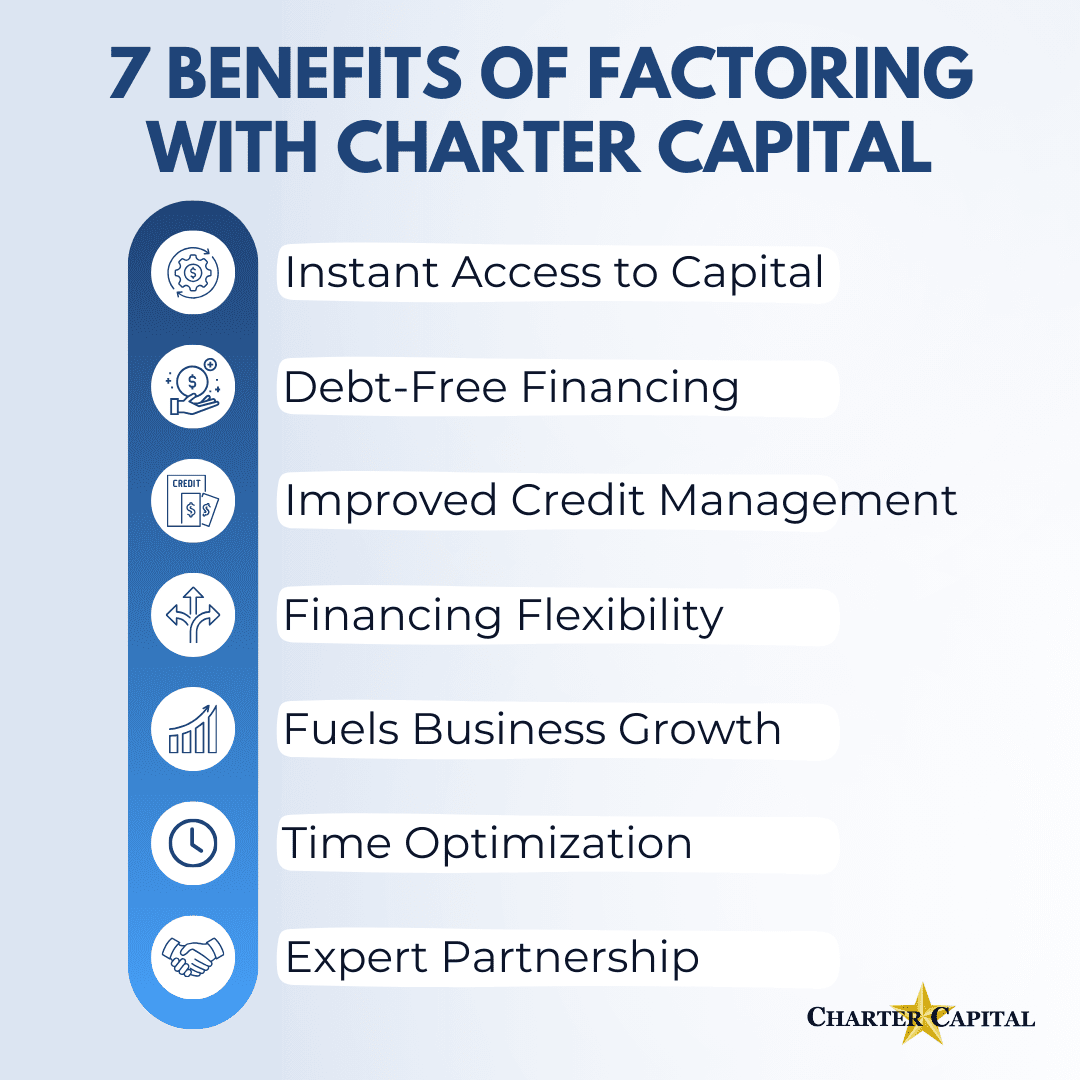
Most small businesses think they’re prepared for disasters, yet just a quarter actually are, according to U.S. Chamber of Commerce Foundation research. Perhaps as a sign of the times, most businesses that aren’t truly prepared cite finances. Simply put, planning for emergencies is difficult when you’re worried about making payroll or covering other vital expenses. Even still, each business disaster planning step you take today has the potential to ensure continuity of operations and accelerate recovery tomorrow. Below, we’ll walk you through the steps involved in developing an airtight disaster preparedness plan or shoring up your existing plan, including budget-friendly options you can take right away.
The Importance of a Disaster Preparedness Plan for Small Businesses
People often think of worst-case scenarios regarding disaster preparedness, such as the likelihood of business closure following an incident. This is an important consideration, as 43 percent of small businesses do not reopen after a disaster, according to the Federal Emergency Management Agency (FEMA). An additional 29 percent close within two years. However, there are many reasons beyond business failure to develop a disaster recovery plan now.
- Financial Protection: The best time to obtain disaster recovery insurance is before you experience an incident. A good insurance plan will cover everything from property damage to liability claims and business interruption costs.
- Business Continuity: Around a third of businesses take six months or more to fully recover from an incident, per the U.S. Chamber of Commerce Foundation. More than one in ten takes over a year to recover. Effective planning helps you avoid these disruptions and recover faster.
- Cost Efficiency: By minimizing business disruptions and losses, your business will save money over time.
- Employee Welfare: A strong business emergency plan enhances employee safety. Your crisis management response is also one of the greatest factors in how employees cope with a disaster. A prepared business fosters trust and builds confidence, which will help minimize downtime and losses.
- Maintaining Customer Trust and Reputation: Certain industries are particularly sensitive to disruption. For instance, if you’re in an industry like trucking, manufacturing, oilfield services, staffing, or security, your clients will have greater confidence in your business if you’re prepared for disasters. You may also win more business if an event occurs and you’re better prepared for it than your competitors.
- Regulatory Compliance: Many industries have preparedness standards and laws, especially regarding safety, security, and privacy. Shoring up your plans can add a layer of legal protection to safeguard your business in the future.
Critical Components of an Effective Disaster Preparedness Plan
Each business will have unique emergency planning needs. As you develop yours, address the areas outlined below.
- Communication: Have a plan for sharing information quickly and clearly. Ensure the plan covers who is responsible for communicating with whom, when communication should occur, and the proper method of communication.
- Training and Drills: Train the team on their roles during an emergency and run drills to ensure the steps become second nature.
- Evacuation Plans: Outline the safest and quickest routes to exit the building, as well as emergency meeting points and procedures for ensuring everyone’s safety.
- Emergency Supplies: Develop an inventory of supplies and equipment that might be needed during an emergency. This includes things like fire extinguishers, medical kits, and communication devices.
- Emergency Funding: Understand the likely costs of addressing various scenarios and set aside savings or have a backup funding source like invoice factoring that can provide cash quickly.
- Security Protocols: Identify any security protocols necessary to protect people and your property during an emergency.
- Risk Assessment: Create a list of existing and potential dangers, identify the risk of an issue occurring, and predict likely outcomes if an event occurs.
- Planning: Work through as many emergency scenarios as possible to determine what needs to be done if an incident occurs.
Steps to Drafting Your Disaster Preparedness Plan
Now that we’ve covered the background let’s explore the steps involved in creating a disaster preparedness plan.
Step 1: Conduct a Risk Assessment
Identify and prioritize the risks that could impact your business operations. A few examples of typical risks are covered below.
- Technological Incidents: Power outages, fire, hazardous materials accidents, chemical/biological/radiological incidents, vehicle or aircraft crashes, etc.
- Weather-Related Incidents: Earthquakes, wildfires, extreme heat, tornados, winter storms, flooding, hurricanes, etc.
- Human-Caused Incidents: Civil disorder, vandalism, cybercrime, etc.
Once you have a list of potential emergencies, assess how likely your business is to be impacted by each one.
Step 2: Develop a Business Impact Analysis
Analyze how different types of disasters could affect your business and the financial impact. For instance, a winter storm could potentially cut power to the business, limit communication, create safety risks, and prevent people from getting to or leaving the business.
The anticipated costs will vary greatly from one business to the next. For instance, the 2024 CrowdStrike software glitch grounded airlines, shut down medical facilities, and paused banking, resulting in a net loss of over five billion dollars, CNN reports. Meanwhile, an Amazon outage costs the company more than $66,000 per minute, according to Forbes. Your figures are not likely to reach this magnitude, but understanding the potential cost of each event can help you prioritize various planning activities and allow you to focus on the most disruptive events first.
Step 3: Create Emergency Response Procedures
Emergency response planning focuses on how your business will protect people and minimize harm in the event of a disaster. For instance, a power outage can make navigating an office difficult, presenting injury risk for everyone inside. Your plan might involve having emergency lighting kick in, followed by managers performing sweeps of their departments and evacuating people to a safe area.
Go through your list of potential emergencies and identify how you’ll keep people safe during each one.
Step 4: Develop a Continuity of Operations Plan
Whereas the emergency response plan focuses on protecting people during an emergency, your continuity of operations plan (COOP) is dedicated to minimizing downtime. Ideally, your COOP will help you avoid downtime altogether. For instance, you might install a backup generator or alternate power source that allows you to continue operating even if your main power is cut. However, your COOP should also consider methods to get your business up and running fast if it is taken offline altogether. For instance, you might consider backing up your website or data to a secondary server to switch over quickly if the primary server is down.
Again, go through each item on your list, identify all the ways you can think of that would prevent your business from operating at full capacity, and brainstorm strategies to restore operations as quickly as possible.
Step 5: Train Employees and Test the Plan
Ensure your plans are documented and accessible. For instance, consider having written copies distributed to the team and stored in your building. Also, have digital copies that can be accessed via computer or phone.
Run drills with your team to help ensure everyone can fulfill their role without issue. Think of this like fire drills. The more often you do it, the faster and more fluid your team will become, thus ensuring things will go quickly and smoothly if there is ever an incident. These drills will also allow you to test your plan so you can make adjustments as needed to ensure your people and business are truly protected in the event of an emergency.
Strengthen Your Business Continuity Planning with Factoring
Having backup funding is crucial to business continuity planning, as it allows you to address issues quickly without waiting for approval or disbursement. Factoring is ideal because you can set it up in advance and not leverage it until you need it. Plus, same-day funding is available when you work with a company like Charter Capital, ensuring you have cash when it’s critical. Many businesses also leverage factoring as they’re putting preparedness plans in place, as it can provide a quick cash injection without creating debt. If you’d like to get set up with factoring services so your business is prepared, request a complimentary rate quote.



















